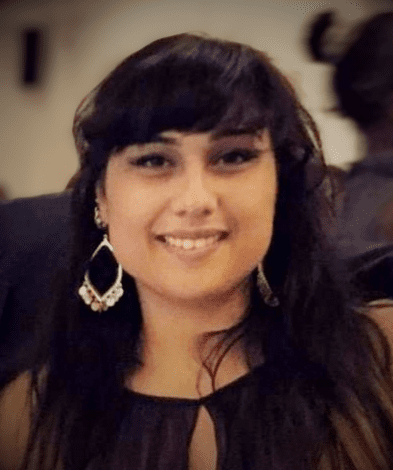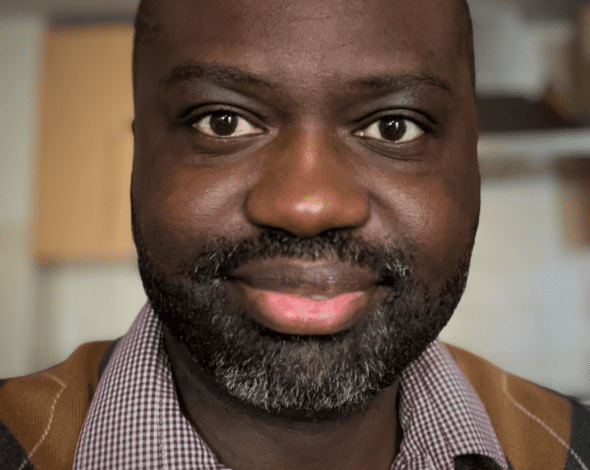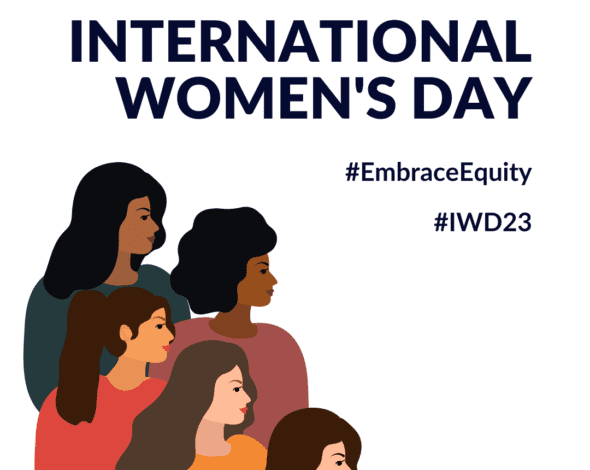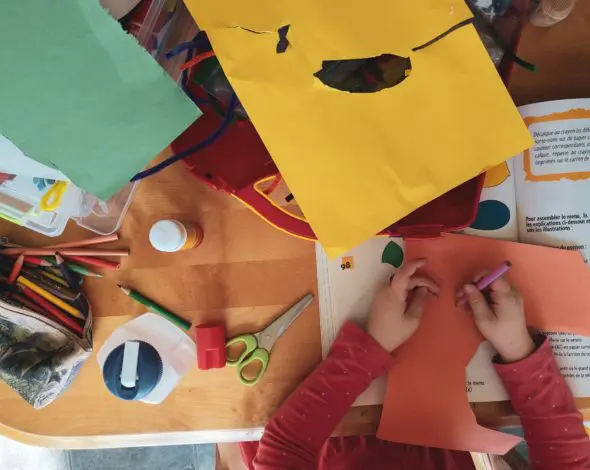Since her statutory social work career began in 2005, Jane Devlin has worked in a variety of settings including community, youth offending, learning disability, older adult and hospital discharge. In 2021, Jane joined Devon Partnership NHS Trust as a Repatriation Coordinator; she organises care for people in secure hospitals, supports discharge and in some cases repatriation to Devon. Here, she reflects on social work’s challenges, aspirations, and the profession’s meaning for her.
Jane, please tell us what social work means to you.
I think the core of social work is strong advocacy. We are instrumental in changing people’s lives, whether that’s through empowering them to make better choices or through positive risk management. This is particularly important in secure services where people have minimal control over their lives.
We take a helicopter view, looking at all aspects of the person, their aspirations, the role of others in their life. I often think of us as a kind of organisational hub, pulling the threads together and putting plans into action. I think that’s why it’s so important that we build good partnerships with the other professions involved, that we understand what they do, and share our way of thinking with them; it creates an easier flow of communication, with everyone working together for the greater good of the person.
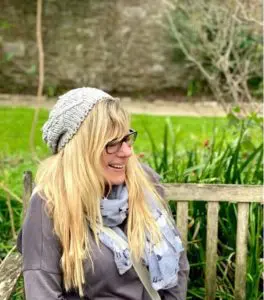 Please share your reflections on this last year.
Please share your reflections on this last year.
There is one piece of work I did last year that I would like to share because I’m particularly proud.
I had joined a specialist placement team working with out of county people with learning disabilities. It was my first allocation at that time and I was less familiar with secure services; the secure hospital certainly felt very different from the environments I was used to.
I was allocated to review the case for a person who had been there for 12 years. We learned that he’d been sectioned when he was 17 and had been in hospital collectively for 24 years. He was profoundly deaf, belonged to an ethnic minority group, English was his second language and he had been diagnosed with Asperger’s Syndrome.
I was working on this case with a psychiatric nurse; we got on really well and had a similar work ethic. After nine months of hard work, and with Covid-19 restrictions to contend with, we managed to organise for this person to be discharged. His dream was to be able to walk outside his home, pick up a pizza and come back again; he’s achieved this now and in his words is ‘living his best life.’ He never thought he’d be able to leave but he’s been out now for over year with no incidents.
He’s a lovely man and I was thrilled to be a part of this with him but it is without doubt the most exhausting and emotional piece of work I have ever done; I couldn’t have done it without my colleague, in fact I don’t think either of us could have done it without the other.
He works with consultants regularly and so was familiar with medical language and skills in a way that I wasn’t, while I was more focused on the placement and the person. Together we were able to play to our strengths, and have challenging conversations and ask difficult questions; coming back to my earlier point, I think it’s our partnership that led to this outcome.
What’s next for social work?
I think there will always be a place for social work practice and perhaps there is an old fashioned understanding of what social workers do. I think we need to raise awareness of the diversity of the role perhaps by sharing more positive stories and lived experience to strengthen the perception of social work, and encourage more people to come into the profession. Our training and placements are long compared to similar professions; that lived experience is invaluable but we need to make sure we support social workers and particularly those in ASYE to have the time to study.
What do you think is next for social work and do you have any reflections on this year’s World Social Work Day theme: ‘Co-building a New Eco-Social World: Leaving No One Behind?’
I’m not sure the global perspective is easy to put into practice. There is a lot of fear locally, notwithstanding Covid, with the rise in fuel and food prices, and the impact of those pressures on mental health. As social workers, there is a challenge in encouraging people to think about the planet when they’re struggling to feed their children. However, this situation has also highlighted the kindness of people wanting to support others. Checking in on neighbours and giving your time to volunteer for example. Having a more global online community has brought people together who would not normally have been able to meet.
There are discussions happening around social prescribing, and I think the pandemic has highlighted the importance of a community-minded approach; the whole ethos around the change in the Care Act is based on the wellbeing principle, finding out what works for the person rather than telling them what makes a healthy life.
We need to adopt a more community-minded approach. Often people don’t have the infrastructure they need in their lives to support their wellbeing; what may help more than NHS care is coffee mornings, walking groups, something to look forward to, simply bringing people together.
Thank you Jane for sharing your thoughts with us.




